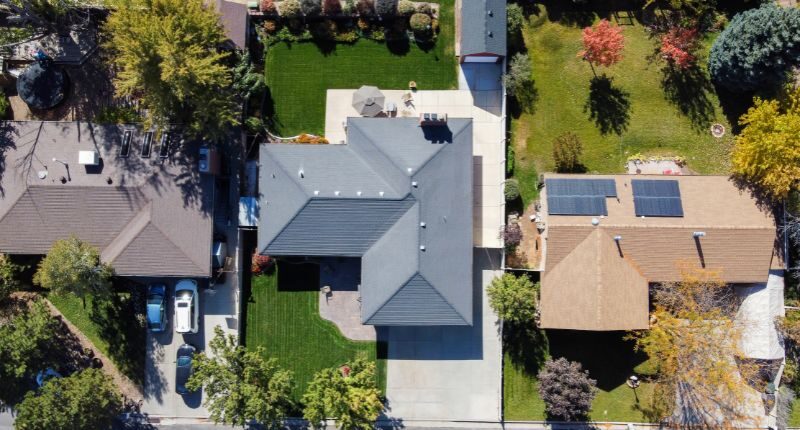- Queensland government has announced that it is “seriously considering” implementing a rental increase cap policy
- Property Investors Council of Australia (PICA) has stronly opposed the policy
- Industry leaders are deeply concerned about the consequences
With interest rates at their highest in over a decade, property investors are facing difficulties in managing rapidly increasing mortgage payments according to recent research from the Property Investors Council of Australia (PICA), which has also raised concerns over potential rental increase cap policies.
Rental increase cap policy
A survey conducted last week collected dozens of anecdotes from property investors outlining concerns about their financial future. Among the matters highlighted were the capped rental increases.
In an effort to tackle the rental crisis, the Queensland government has announced that it is “seriously considering” implementing a rental increase cap policy.
Similar strategies to this are currently employed in Germany, Ireland, Scotland, Spain, and the Australian Capital Territory (ACT).
The Make Renting Fair coalition has made calls for policy to stabilise rent increases through a mechanism that caps unfair rent increases. This is one of several priorities it has put forward to the government to address.
Pain for property investors
Property Investment Professionals Australia (PIPA) Chair Nicola McDougall highlighted that PIPA research last year also showed rental properties stock has declined 160,000 in Queensland in just two years. She says that even more investors may sell if rental increase caps are introduced.
While the rental increase caps might benefit tenants in the short term, PICA Chair Ben Kingsley has raised concerns that the policy would disincentivise property investors and lead to less stock on the market.
“Those tenancy groups, and now the State Government, who are lobbying for a rent cap, or freeze, are claiming some sort of market failure is the reason why, well, we want to know from them, how is reducing investor demand and rental housing supply going to improve the situation for Queenslanders?” Mr Kingsley said.
“New arrivals to Queensland try before they buy, meaning they rent, but if there are
no rental properties, because no investors can trust the government to allow a free
market to operate, these new arrivals won’t have anywhere to live, businesses won’t be
able to employ staff, and the Queensland economy and its citizens will ultimately be
the biggest losers.
“Costs can be uncapped but income must be capped”
Kingsley also raised concerns around costs: “Another question that needs to be asked is: ‘What does the government believe is an ‘acceptable’ percentage of cost increases that a landlord should be able to pass on to tenants?’ Are they insinuating that costs can be uncapped but income must be capped?”
According to data from CoreLogic, average monthly rental prices have increased by $290 over the past year. Over the same time, repayments on a $500,000 mortgage have increased by more than $800 per month.
Asking rents for Brisbane
Rental yields for Brisbane








